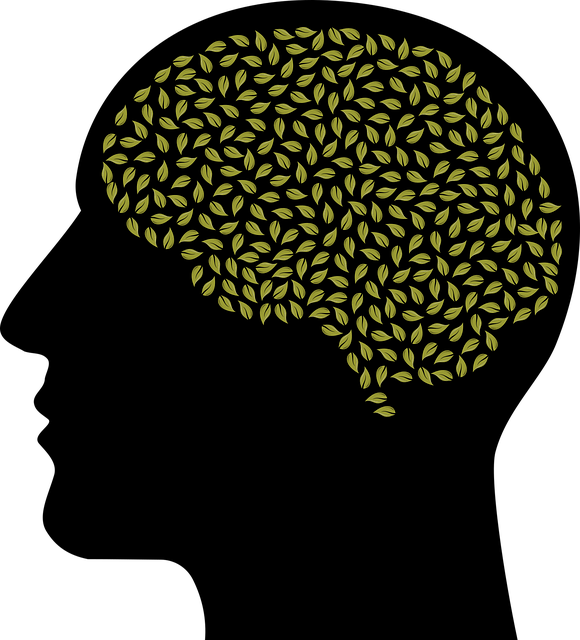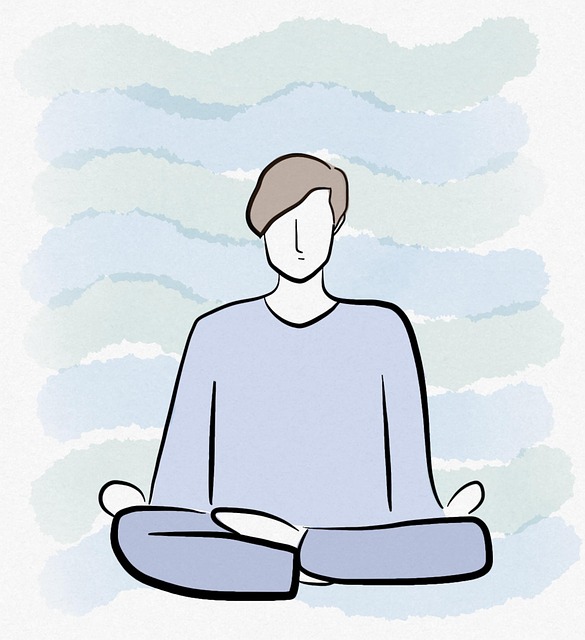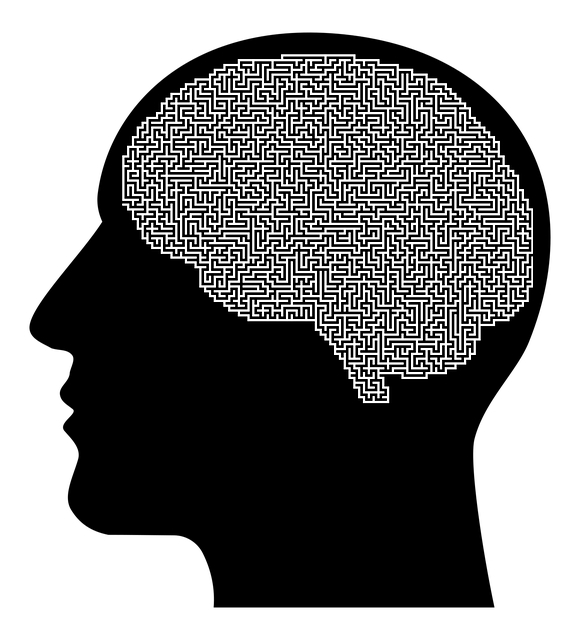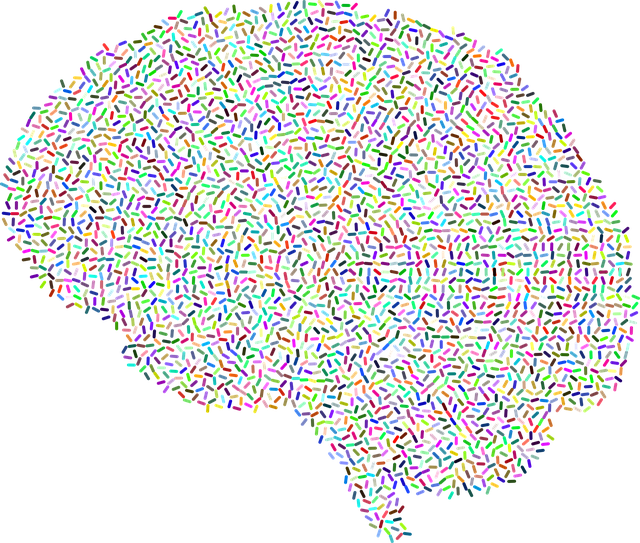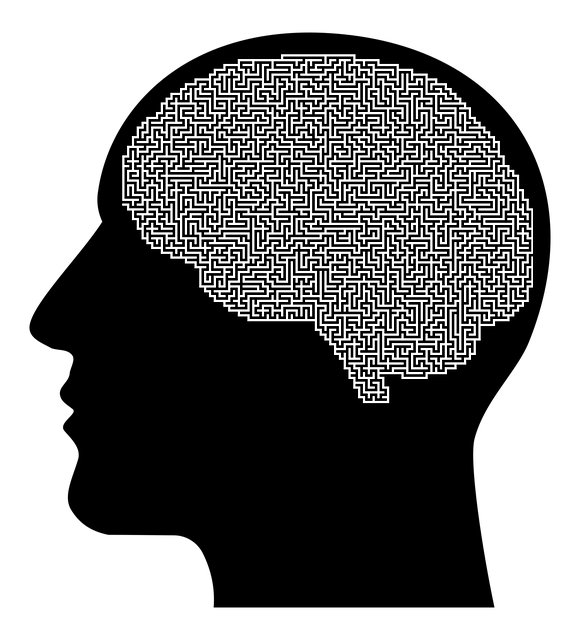Mental health advocacy, led by initiatives like Lone Tree Geriatrics Therapy, is key to building supportive communities for those facing mental challenges. These programs combat stigma through education, promote self-care practices like Mindfulness Meditation, and implement burnout prevention strategies for healthcare providers. Lone Tree's holistic approach, focusing on underserved older adults, includes social skills training and risk management planning. By empowering open discussions and providing tailored services, these initiatives reduce mental health stigma, improve access to care, and foster healthier communities, making them vital resources like Lone Tree Geriatrics Therapy.
Mental health advocacy initiatives play a pivotal role in fostering community support and ensuring accessible care. This article delves into three key aspects of this crucial field. We explore ‘Understanding Mental Health Advocacy’ and its impact on community well-being, highlighting the innovative practices of Lone Tree Geriatrics Therapy as a successful case study. Additionally, we present ‘Strategies for Effective Advocacy’, focusing on empowering individuals and communities to navigate mental health challenges successfully, including unique approaches seen in the geriatric sector.
- Understanding Mental Health Advocacy: The Role of Initiatives in Community Support
- Lone Tree Geriatrics Therapy: A Case Study on Innovative Mental Health Outreach
- Strategies for Effective Mental Health Advocacy: Empowering Individuals and Communities
Understanding Mental Health Advocacy: The Role of Initiatives in Community Support

Mental health advocacy initiatives play a pivotal role in fostering community support and creating a more inclusive environment for individuals dealing with mental health challenges. These efforts, often led by passionate groups or professionals like Lone Tree Geriatrics Therapy, aim to dispel stigma, educate the public, and ensure accessible resources. By integrating practices such as Mindfulness Meditation into daily routines, communities can promote Mental Health Awareness and help those at risk before symptoms escalate.
Moreover, these initiatives extend their reach beyond individual benefits by implementing Burnout Prevention Strategies for Healthcare Providers. Recognizing that healthcare professionals are at high risk of experiencing mental health issues due to the demanding nature of their work, these strategies focus on creating resilient environments that support both personal and professional well-being. Through collaborative efforts, communities can strengthen their support systems, ensuring a healthier, more supportive network for everyone’s mental health.
Lone Tree Geriatrics Therapy: A Case Study on Innovative Mental Health Outreach

Lone Tree Geriatrics Therapy is a prime example of an innovative mental health outreach program that has made significant strides in addressing geriatric psychiatric care. This initiative focuses on providing specialized services to older adults, often overlooked by traditional mental health systems. By employing a holistic approach, the therapy program incorporates various interventions such as social skills training and self-care practices tailored to the unique needs of this demographic.
The case study highlights successful strategies, including community-based outreach, peer support networks, and risk management planning for mental health professionals. These methods have proven effective in improving access to care and enhancing the overall well-being of geriatric individuals. Lone Tree Geriatrics Therapy serves as a model for other communities, demonstrating that tailored programs can significantly impact mental health advocacy, especially within underserved populations.
Strategies for Effective Mental Health Advocacy: Empowering Individuals and Communities

Mental health advocacy initiatives focus on empowering individuals and communities to understand, manage, and speak up about their mental wellness. Effective strategies include integrating self-care practices into daily routines, encouraging open conversations about mental illness, and supporting production of engaging Mental Wellness Podcast Series that destigmatize mental health discussions. Organizations like Lone Tree Geriatrics Therapy play a pivotal role in these efforts by providing tailored therapy services and education programs. By fostering a culture where individuals feel comfortable discussing their mental health and seeking support, we can significantly reduce the stigma associated with mental illness.
Additionally, advocacy initiatives should aim to equip communities with the knowledge and skills to recognize signs of mental distress and offer assistance. This involves not only promoting Self-Care Practices but also organizing community workshops, seminars, and awareness campaigns. Through collaborative efforts, Mental Illness Stigma Reduction Efforts can lead to more inclusive and supportive environments where everyone feels valued and has access to quality mental health resources.
Mental health advocacy initiatives, such as the innovative practices highlighted by the case study on Lone Tree Geriatrics Therapy, play a pivotal role in fostering community support. These efforts empower individuals and communities, ensuring that mental well-being is prioritized and accessible to all. By understanding the significance of advocacy and implementing effective strategies, we can create a more inclusive and supportive society, where everyone has the opportunity to thrive.



